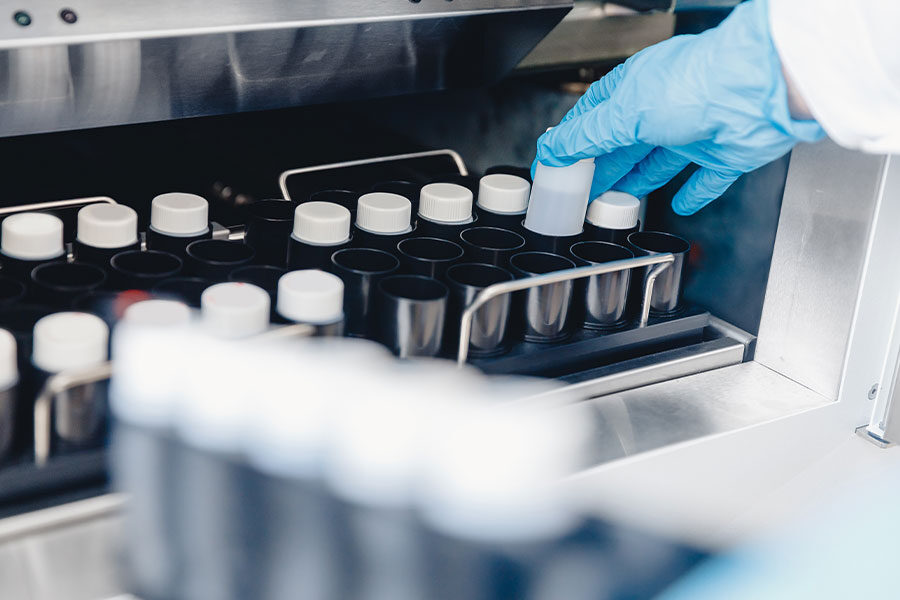Anonymous sperm donation became illegal in 2005 in the United Kingdom, and that has since contributed to the shortage of donated sperm. NOW-fertility’s CEO & Founder Professor Luciano Nardo explains that it’s equally important for anyone wanting to start a family to go through the proper channels, as it is for potential donors to approach a licensed clinic.
If you’re considering assisted conception, you might be tempted to simply ask a friend or pay an anonymous donor you’ve found on social media. Whereas potential donors might be asked to donate sperm by someone they know or be considering responding to a personal advert.
However, I’d strongly advise against doing anything without going through a registered clinic.
Embarking on treatment outside of the boundaries of regulation and quality assurance could expose you – as an IVF patient, to underlying medical conditions, mental health issues, not-proven fertility, or other viral diseases.
And it’s also important to protect the donor themselves.
As a donor, when you first approach a clinic, you will be asked to provide some personal information, such as any problems in your own or your family’s medical histories. Failure to disclose any serious health condition, which results in the conceived child inheriting that condition, could see you face legal action.
Plus, of course, it’s also important to be screened for certain diseases, including any serious genetic conditions. There’s also mandatory counselling to ensure you understand all physical, emotional, and legal implications that donating your sperm might present.
Once you are accepted as a donor, you will usually need to attend the clinic once a week for between three and six months to complete your donation.
As I’ve already mentioned, since 2005 it’s no longer been possible to donate anonymously in the UK: All children conceived in the UK via donor sperm are entitled to ask for the donor’s name, date-of-birth, and last known address. At the same time, the maximum amount that UK donors can be paid for their sperm is £35 per clinic visit and legally, no more than 10 families can be created using the same donor (of course, donors themselves can set a lower limit).
In most other European countries, the situation is slightly different because sperm donors remain anonymous, plus they are usually compensated more than in the UK.
Because of these issues, anyone considering using donor sperm should anticipate a shortage of suitable donors and relatively high demand, and like in many other sectors, the two confounding factors dictate the cost. Also expect additional fees, relating to the medical and laboratory assessments donors must go through.
Going through a licensed, reputable clinic really does minimise any risks for both sperm donor and recipient. The donor’s family history will be checked to ensure there are no serious genetic diseases that could be passed on, and they will be screened for infections such as HIV, hepatitis, syphilis, chlamydia and gonorrhoea. Even if you choose to use a donor known to you, so long as you have your treatment at a licensed clinic, they will still undergo these same checks.
Finally, for men considering making a sperm donation for altruistic reasons, it’s important to remember that at some point in the future, children born from your donation will be legally entitled to contact you. You need to be prepared for the implications of that – including any effect that might have on your relationships and own children.
Book a consultation with NOW-fertility
If you are ready to start your journey, book a consultation with one of our experienced fertility consultants.







